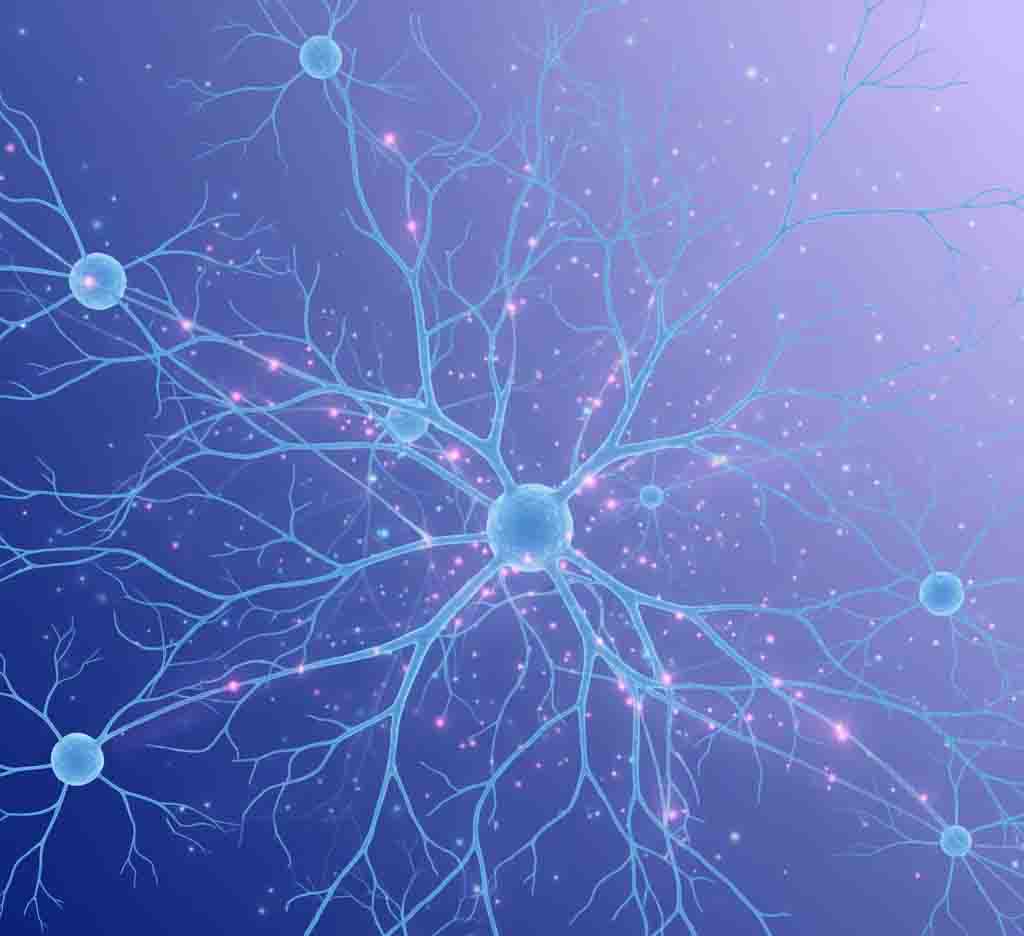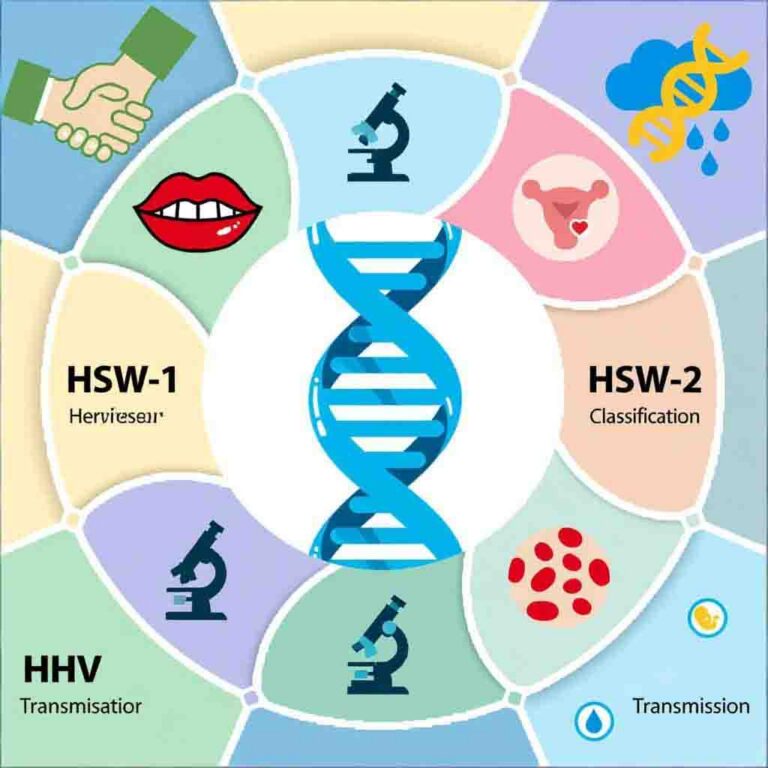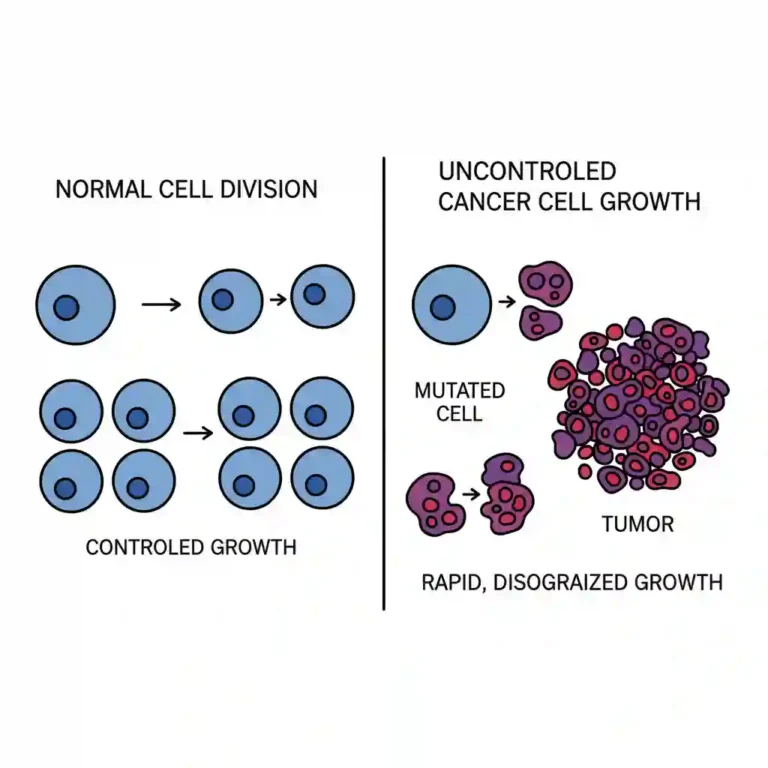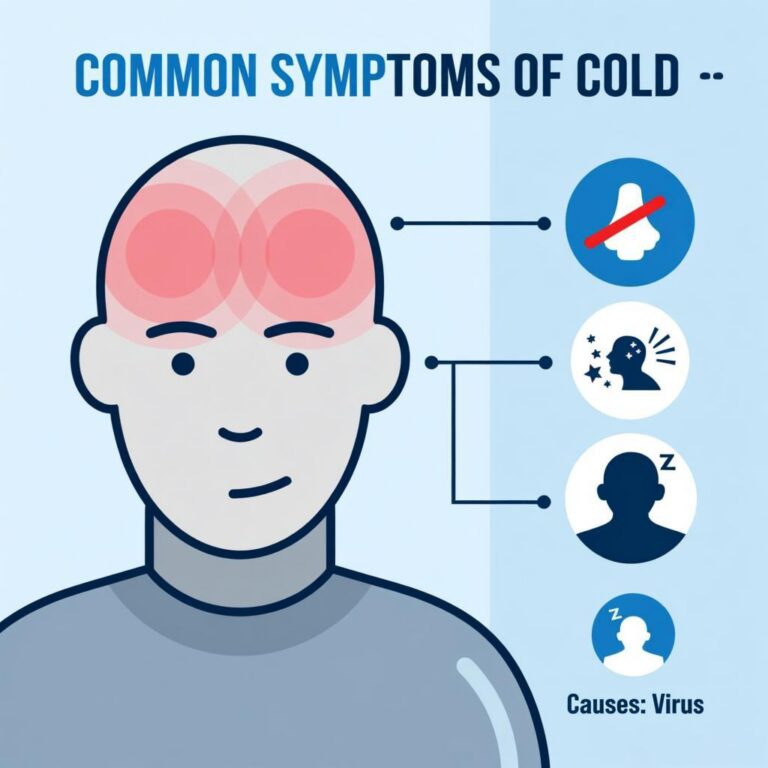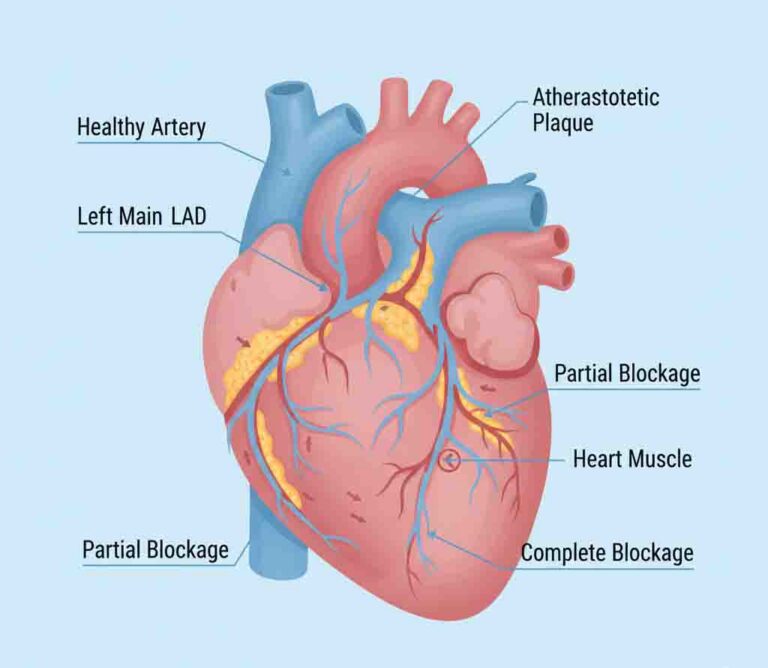Clinical Definition
Schizophrenia is a chronic, severe neuropsychiatric disorder characterized by a disintegration of thought processes and emotional responsiveness. It is defined by the DSM-5 as a syndrome involving a range of cognitive, behavioral, and emotional dysfunctions, including positive symptoms (delusions, hallucinations, disorganized speech) and negative symptoms (avolition, alogia, anhedonia). The condition is associated with significant social and occupational dysfunction and often follows a relapsing-remitting course.
Clinical Coding & Classification
| System / Category | Code(s) | Description |
|---|---|---|
| ICD-10-CM | F20.9 | Schizophrenia, unspecified |
| ICD-10-CM | F20.0 | Paranoid schizophrenia (Historical classification retained in ICD-10) |
| CPT (Psychiatry) | 90791 | Psychiatric diagnostic evaluation |
| CPT (Therapy) | 90834 | Psychotherapy, 45 minutes with patient |
| Affected System | Neuropsychiatric | Central Nervous System (Mesolimbic/Mesocortical Pathways) |
Epidemiology & Statistics
The global lifetime prevalence of schizophrenia is approximately 0.3% to 0.7%. Onset typically occurs in late adolescence or early adulthood, with males generally presenting earlier (late teens to early 20s) than females (late 20s). The disorder is associated with a 10-25 year reduction in life expectancy, primarily due to comorbid cardiovascular disease (often related to metabolic side effects of treatment) and a high suicide rate (approx. 5%).
Pathophysiology (Mechanism)
The etiology is multifactorial, involving genetic, neurodevelopmental, and environmental factors:
1. Dopamine Hypothesis:
– Mesolimbic Hyperactivity: Excess dopaminergic transmission in the mesolimbic pathway is linked to positive symptoms (psychosis).
– Mesocortical Hypoactivity: Deficient dopaminergic activity in the prefrontal cortex is linked to negative symptoms and cognitive deficits.
2. Glutamate Hypothesis: Hypofunction of NMDA receptors leads to downstream disruptions in dopamine regulation.
3. Structural Changes: Neuroimaging often reveals ventricular enlargement and reduction in cortical gray matter volume.
Standard Management Protocols
Treatment requires a multimodal approach centering on pharmacotherapy and psychosocial support.
- Pharmacological Classes (Antipsychotics):
- Second-Generation Antipsychotics (SGAs / Atypical): (e.g., Risperidone, Olanzapine, Aripiprazole) First-line therapy due to lower risk of Extrapyramidal Symptoms (EPS). Mechanism involves D2 and 5-HT2A receptor antagonism.
- First-Generation Antipsychotics (FGAs / Typical): (e.g., Haloperidol) Potent D2 antagonists, reserved for acute agitation or when SGAs are ineffective.
- Clozapine: The gold standard for Treatment-Resistant Schizophrenia (TRS). Requires strict hematological monitoring (REMS program) due to agranulocytosis risk.
- Long-Acting Injectables (LAIs): (e.g., Paliperidone palmitate) Used to improve adherence and reduce relapse rates.
- Psychosocial Interventions:
- Cognitive Behavioral Therapy for Psychosis (CBT-p): Evidence-based adjunct to medication.
- Assertive Community Treatment (ACT): Intensive outpatient support for high-risk patients.
Healthcare Resource Utilization
Schizophrenia accounts for a disproportionate share of mental health expenditure:
- Hospitalization: High rates of readmission (“revolving door” phenomenon) due to medication non-adherence.
- Comorbidity Management: Significant resources allocated to managing Metabolic Syndrome (obesity, diabetes, dyslipidemia) induced by atypical antipsychotics.

